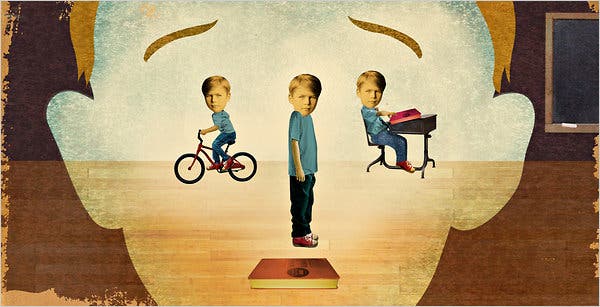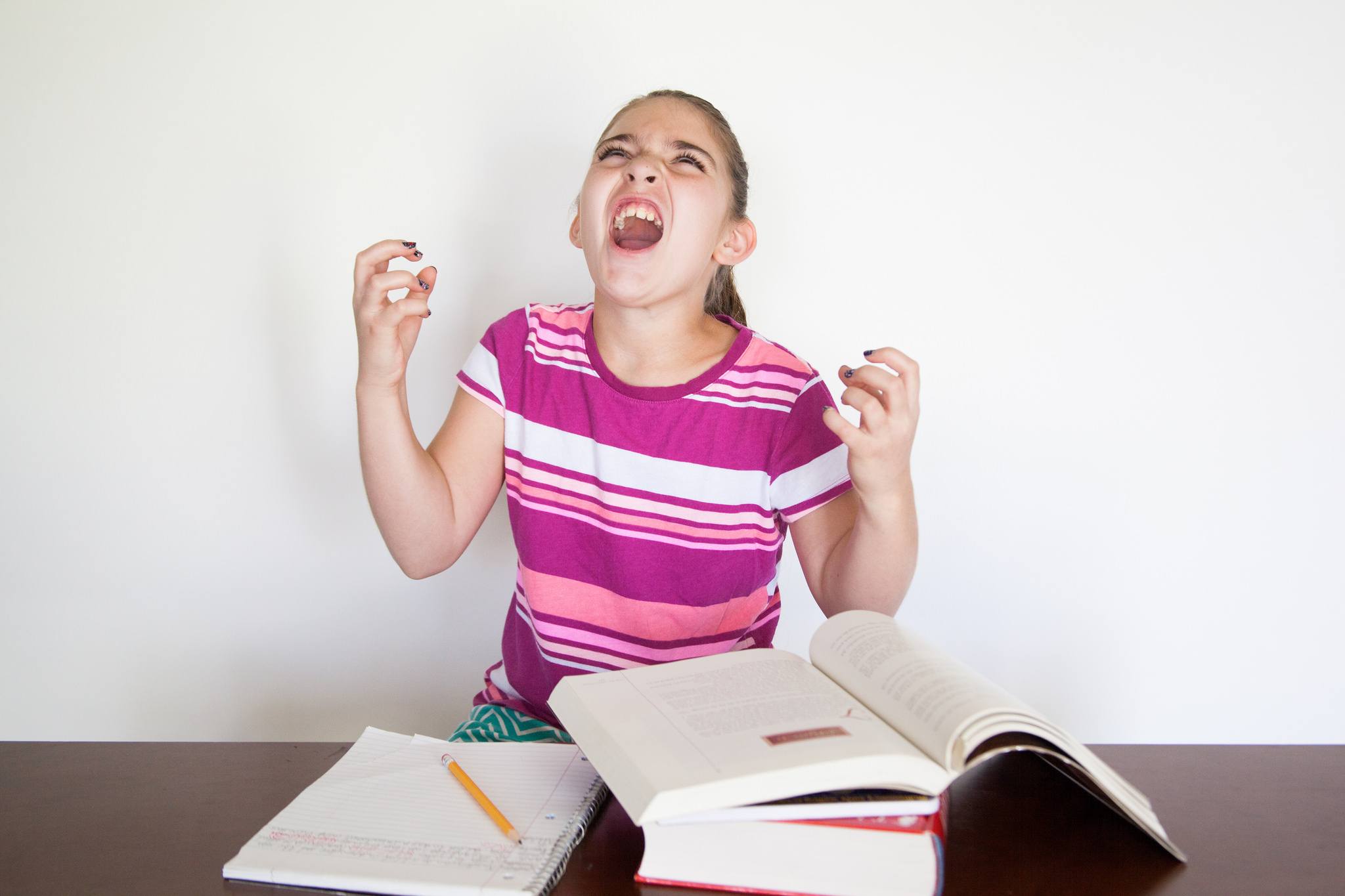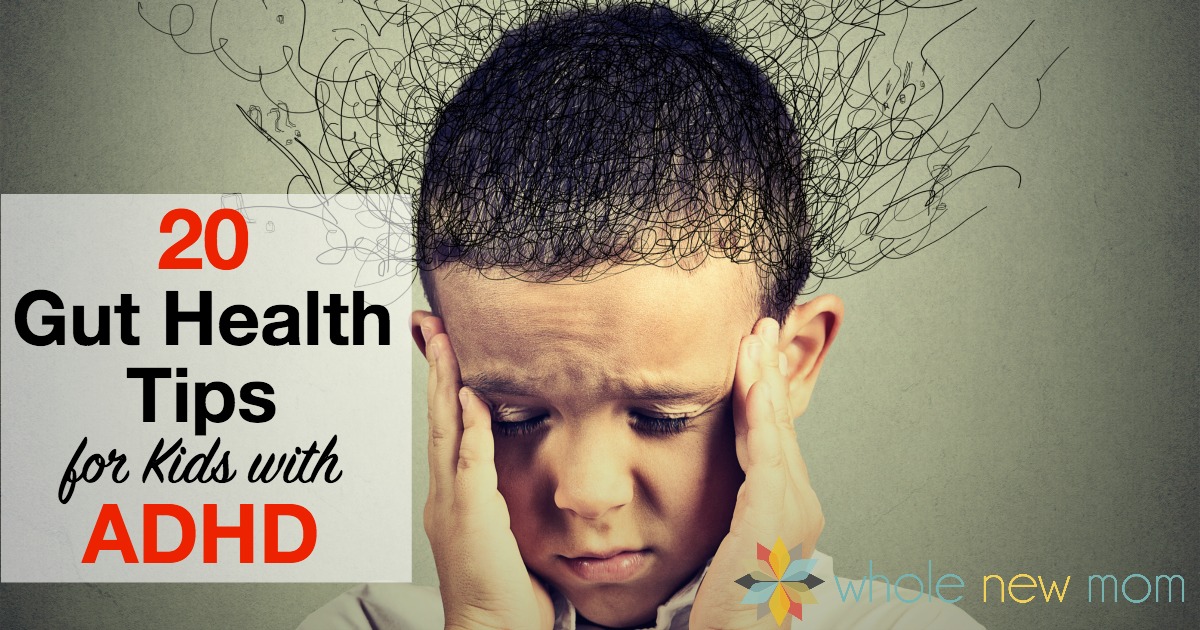Though many children show some of the following behaviors, a child exhibiting many or all of these signs may have ADHD. Though this does not necessarily mean your child has ADHD, parents who have noticed many of these behaviors should discuss any concerns with their physician.
Inability to sustain attention
Obviously children are not the most attentive people in the world. However, it is fairly easy to tell if a child has extreme difficulty paying attention to anything – even enjoyable activities – for more than a few minutes. If this is the case, you may want to talk to your doctor.
Constant distraction
Also, children who are constantly distracted by sights and sounds may be exhibiting symptoms of ADHD. Yes, children are often distracted by sights and sounds, but parents may want to monitor a child’s behavior if there are other symptoms present. Children who seem completely unable to sustain attention beyond a sight or sound may need to be tested by a doctor for ADHD.
Difficulty sustaining eye contact
This symptom is not exclusive to children, as difficulty maintaining eye contact during conversation is also an issue with people who suffer from ADHD through adulthood. It seems to be a product of the inattention and hyperactivity, leading a person to constantly be in motion rather than sustaining eye contact.
Able to pay attention to high-interest things
The theory is that sufferers from ADHD can actually devote all of their interest into one activity at a time, so long as they are hyper-focused on the issue. In adolescents, parents may see this with a video game obsession. In children, it can present itself in different ways. Children with ADHD may also be able to stay on task only in high-energy activities. This, too, indicates tunnel vision so long as the child is appropriately engaged.
Excessively hyperactive / always in motion
One of the key symptoms of ADHD is the H – hyperactivity. Certainly all kids seem to be hyper from time to time, but there is a breaking point for this behavior. If a child never acts under control and is always in motion over the course of an entire day, it may be a sign of the symptom. Children traditionally have waves of energy and rest, but if a child appears never to rest, it may be time to contact the pediatrician.
Lack of interest in reading or cuddling
Affection is often exhibited by children, though an absence of this activity could be indicative of a social problem or, depending on what the child is opting to do instead, could be a sign of ADHD. If a child is so wrapped up in an activity that there is disinterest in social activity, you may want to contact your doctor.
Difficulty calming down
Yes, most children get excited. Calming children down after he or she is excited is never easy, but there’s behavior that goes beyond the norm. Though there is no definitive length of calm-down time that determines whether he or she has ADHD, it may be wise to monitor your child and discuss the findings with your pediatrician.
Highly impulsive
A key symptom of ADHD in other age groups is impulsivity. ADHD patients often act without thinking, and children are no different. Though your child may seem to be a risk-taker or may not have a fully developed sense of consequences, there should be some control over impulses.
Accident prone
Children are bound to get injured at some point. However, if your child seems to have more accidents than “normal,” it may be indicative of difficulty with impulse control. If a child does not have a sense of thought-process before an activity – including those that result in accidents – it may be wise to bring this point up with a doctor.
Difficulty sleeping
As a child ages, sleep schedules should become more regular. Though not necessarily an adult sleep schedule, children who do not seem to require much sleep at all may be exhibiting symptoms of ADHD. How much does your child actually sleep at night? How is his or her energy level affected? Monitor your child and bring the results to your pediatrician.





